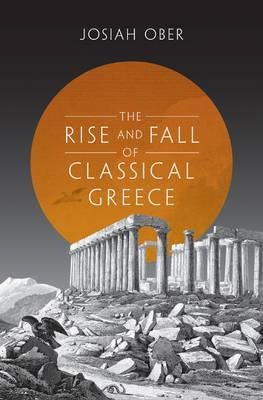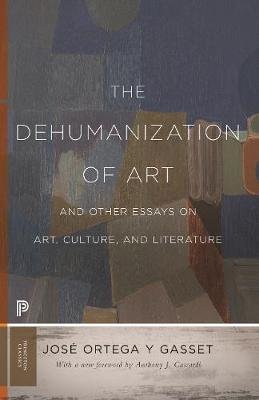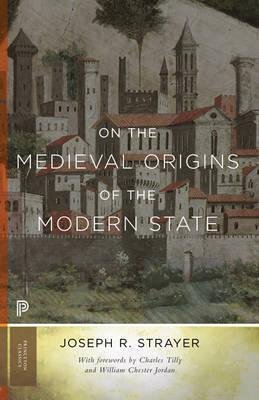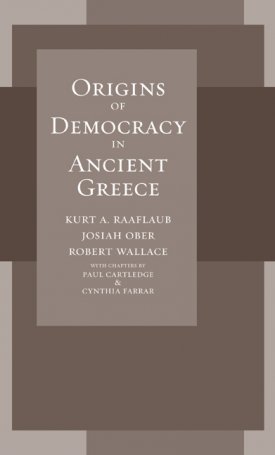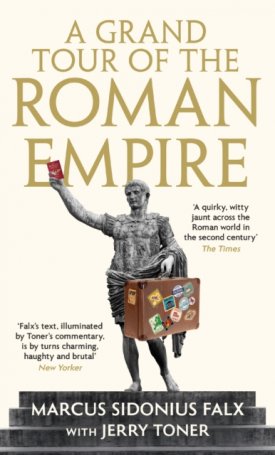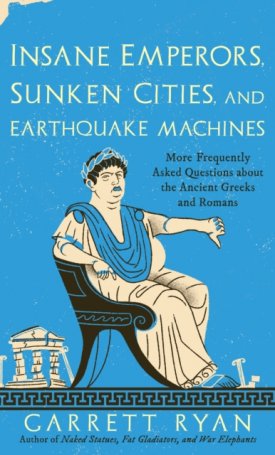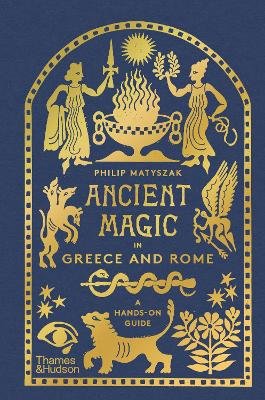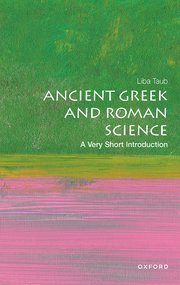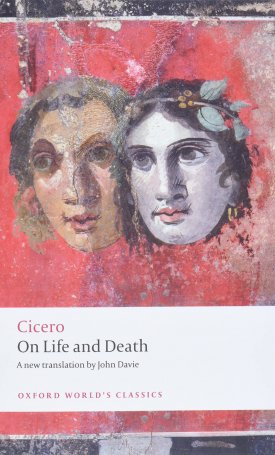The Rise and Fall of Classical Greece
ISBN: 9780691173146
Nyelv: angol
Méret: 127*205
Tömeg: 340 g
Oldalszám: 448
Megjelenés éve: 2016
The Rise and Fall of Classical Greece
Winner of the 2016 Douglass C. North Research Award, Society for Institutional and Organizational Economics (SIOE)
One of Flavorwire’s 10 Must-Read Academic Books for 2015
Shortlisted for the 2016 Ralph Waldo Emerson Award, Phi Beta Kappa Society
One of HistoryBuff.com’s 10 Can’t-Miss History Books of 2015
Lord Byron described Greece as great, fallen, and immortal, a characterization more apt than he knew. Through most of its long history, Greece was poor. But in the classical era, Greece was densely populated and highly urbanized. Many surprisingly healthy Greeks lived in remarkably big houses and worked for high wages at specialized occupations. Middle-class spending drove sustained economic growth and classical wealth produced a stunning cultural efflorescence lasting hundreds of years.
Why did Greece reach such heights in the classical period—and why only then? And how, after "the Greek miracle" had endured for centuries, did the Macedonians defeat the Greeks, seemingly bringing an end to their glory? Drawing on a massive body of newly available data and employing novel approaches to evidence, Josiah Ober offers a major new history of classical Greece and an unprecedented account of its rise and fall.
Ober argues that Greece`s rise was no miracle but rather the result of political breakthroughs and economic development. The extraordinary emergence of citizen-centered city-states transformed Greece into a society that defeated the mighty Persian Empire. Yet Philip and Alexander of Macedon were able to beat the Greeks in the Battle of Chaeronea in 338 BCE, a victory made possible by the Macedonians` appropriation of Greek innovations. After Alexander`s death, battle-hardened warlords fought ruthlessly over the remnants of his empire. But Greek cities remained populous and wealthy, their economy and culture surviving to be passed on to the Romans—and to us.
A compelling narrative filled with uncanny modern parallels, this is a book for anyone interested in how great civilizations are born and die.
Josiah Ober is professor of political science and classics at Stanford University. His books include Democracy and Knowledge, Political Dissent in Democratic Athens, The Athenian Revolution, and Mass and Elite in Democratic Athens
Table of Contents:
List of Images and Tables xi
Preface xiii
Acknowledgments xxi
Abbreviations xxv
1 The Efflorescence of Classical Greece 1
2 Ants around a Pond: An Ecology of City-States 21
3 Political Animals: A Theory of Decentralized Cooperation 45
4 Wealthy Hellas: Measuring Efflorescence 71
5 Explaining Hellas` Wealth: Fair Rules and Competition 101
6 Citizens and Specialization before 550 BCE 123
7 From Tyranny to Democracy, 550–465 BCE 157
8 Golden Age of Empire, 478–404 BCE 191
9 Disorder and Growth, 403–340 BCE 223
10 Political Fall, 359–334 BCE 261
11 Creative Destruction and Immortality 293
Appendix I: Regions of the Greek World: Population, Size, Fame 317
Appendix II: King, City, and Elite Game, Josiah Ober and Barry Weingast 321
Notes 329
Bibliography 367
Index 401




